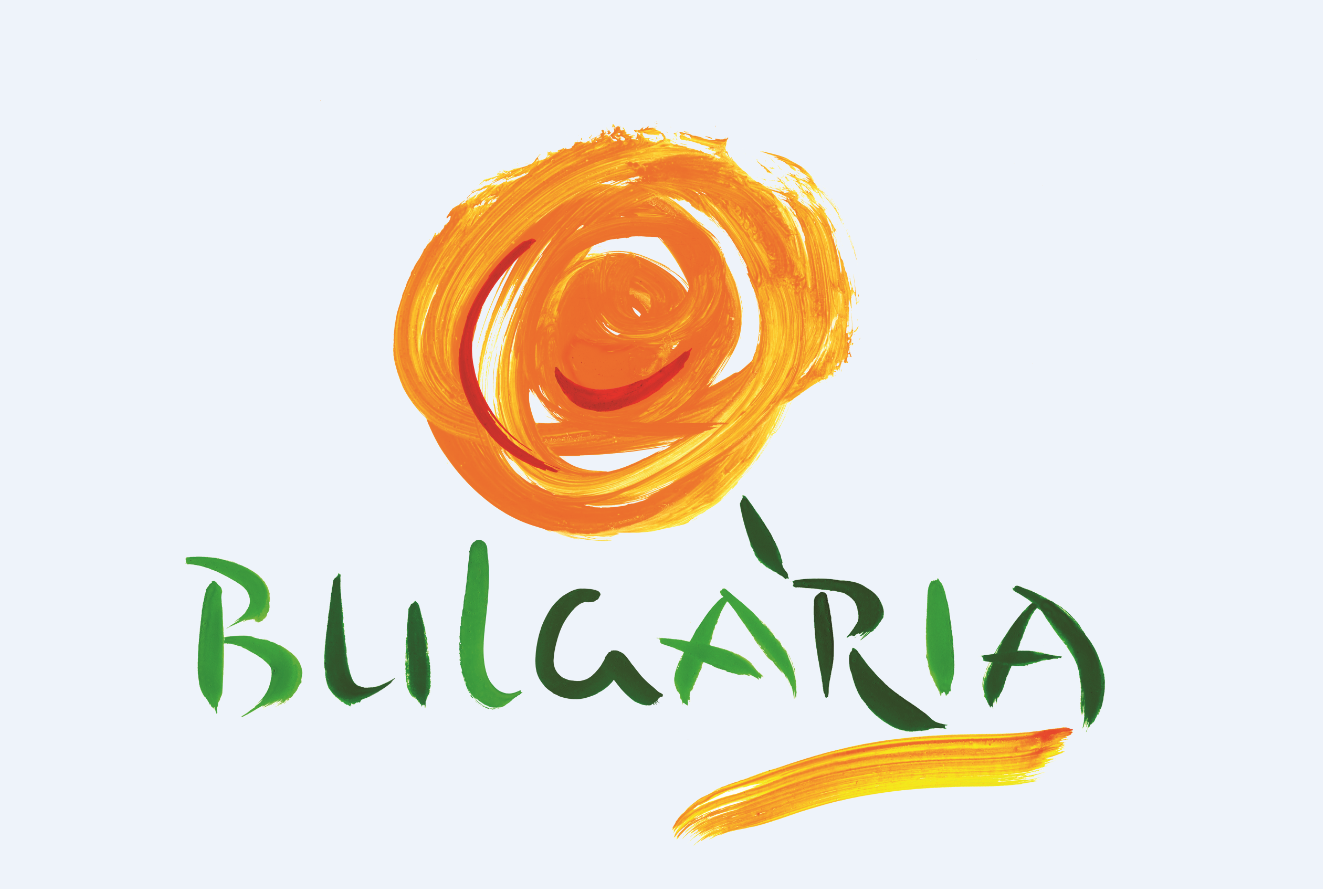Our story
Tourism represents an important industry for Euro-MED with Heritage tourism being a significant element of the overall tourist product. Yet, human activity and climate change pose risks to both cultural heritage (CH) and natural heritage (NH) assets in rural and urban environments. Impacts on heritage and subsequently to tourism have not yet been adequately examined and dealt with, posing additional socio-economic pressures to destinations that already suffer covid-19 consequences. In order to enhance sustainability and resilience of the sector, increased innovation, adaptation and mitigation capacities are needed, in line with quality principles to ensure the CH and NH protection.
Proper action plans and strategies need to be developed or improved to address current challenges on the one hand and unleash the untapped potential of CH and NH towards climate neutrality on the other. At the same time, sectoral fragmentation needs to be tackled to enable effective decision making.
Why & how
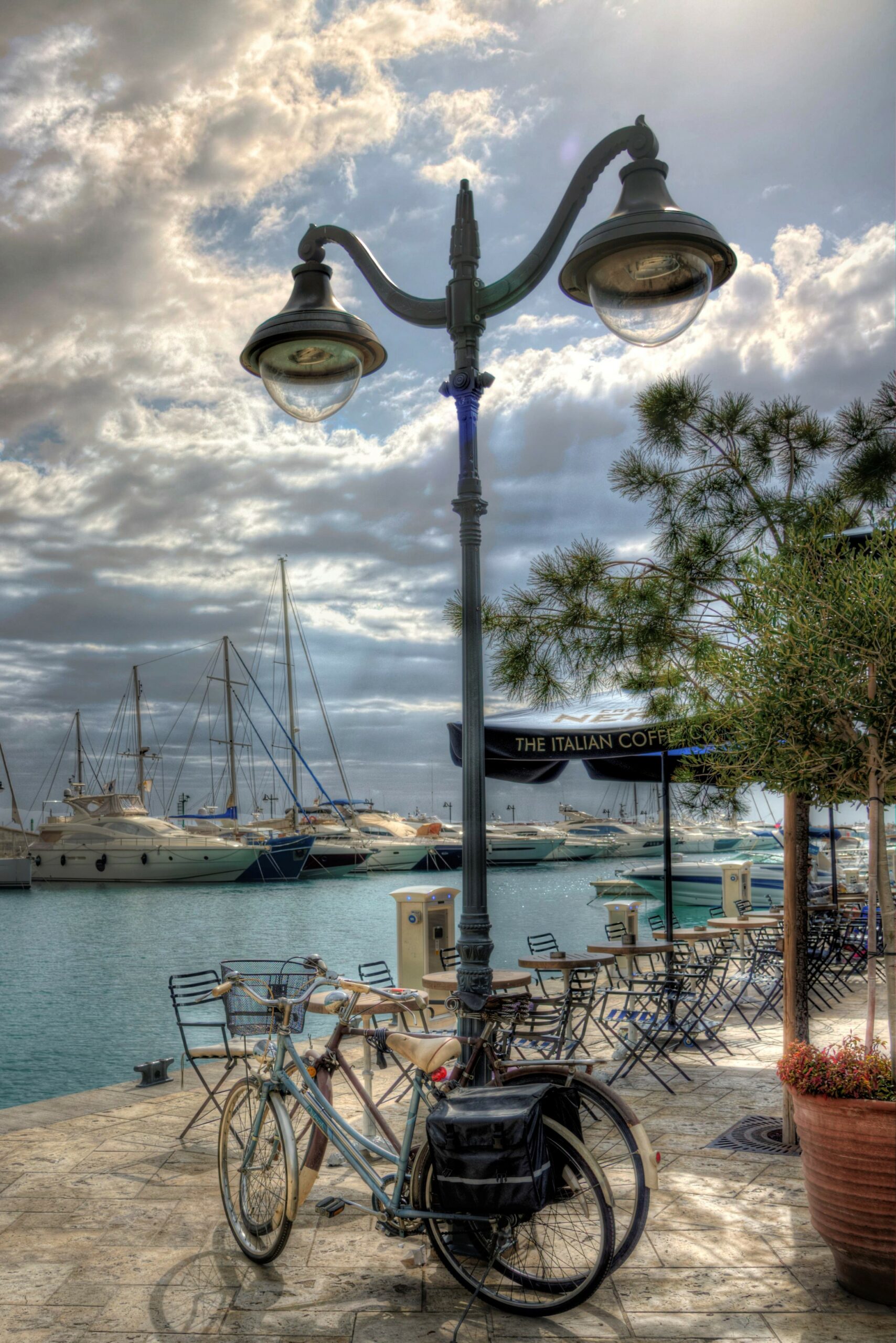
The main objective of HERIT ADAPT is the reinforcement of Sustainable and Resilient Euro-MED Tourism Destinations by increasing the adaptation and mitigation capacity of natural and cultural heritage assets which are directly linked with their tourism attractiveness. Territorial Working Groups will co-test solutions in sites and urban environments and co-develop Sustainable Tourism Strategies for combating climate change impacts, utilizing cultural heritage as a key dimension of cultural ecosystem services.
HERIT ADAPT is coordinated by the Region of Western Greece (Lead Partner) with partners from Greece, Italy, Croatia, Cyprus, Montenegro, Spain, France, Bulgaria with a total budget of € 2,998,740.00.
The expected results of the project are:
- A Feasibility Study of the HERIT ADAPT Sustainable Tourism Model will provide a comprehensive approach for enhancing tourism sustainability in tourism destinations affected by different risks including those caused by climate change or excessive tourism flows.
- A common unifying testing methodology taken up by the partner territories targeted SHs. It will scale up specific solutions and tools leading to the adoption of a Sustainable and Resilient Tourism Model against risks induced by climate change or excessive tourist flows.
- A Jointly co-developed strategy for Sustainable and Resilient Tourism taken up by local and regional stakeholders at partner territories.
- A Joint Plan building on top of the evaluation and assessment of the pilot testing experience in the partner territories.
- The HERIT ADAPT network of partners (11) and associated partners (24) will be engaged in the different phases of the project from design to testing and to preparation of transfer, engaging into a transnational collaboration experience across the Euro- MED area.
OUR PARTNERS
Lead Partner
Region of Western Greece
By its very nature, Western Greece is a compilation of different experiences that – individually and collectively – have an inspiring effect on visitors, combining the discovery of unique destinations with the satisfaction of personal travel desires. Western Greece is quickly becoming one of the top tourism destinations in Greece. The emergence of new hotel units and new investments in the area have strengthened the local economy and are currently changing the overall profile of economic activity. The Region of Western Greece (RWG) is a second-level local government (EU NUTS 2 LEVEL). It represents an area of around 700.000 inhabitants, divided into 3 regional divisions (Ilia, Achaia, and Aitoloakarnania) and 19 municipalities, while it produces about 5% of the total Gross Domestic Product (GDP) of the country.
The Regional Authority of Western Greece counts more than 800 employees, spread over 22 Directorates and 2 Special Services: the Intermediate Managing Authority, which is responsible for the implementation of the Regional Operational Programme, and the Regional Development Fund, which is the funding body of it. Apart from that there is also a special division dedicated to the tourist promotion of the Region of Western Greece as a destination.
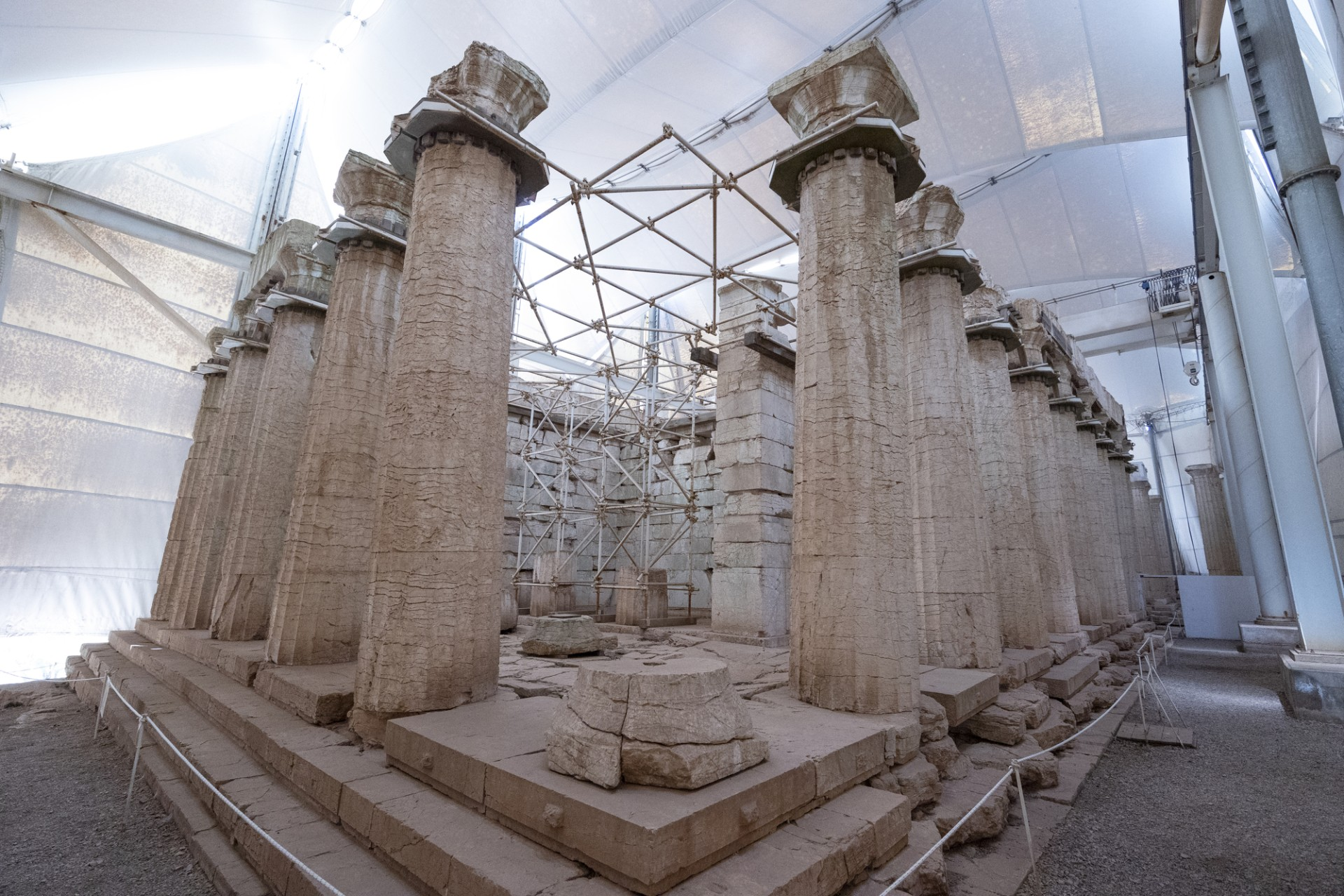

ATHENA, Research and Innovation Centre in Information, Communication and Knowledge Technologies – Greece
The Industrial Systems Institute is a leading research institute of excellence conducting basic research and exploratory development on Information and Communication Technologies for the Greek and European industry. Its main focus is towards enabling technologies of the 4th Industrial Revolution for the facilitation of the digital and green transition of a multitude of application domains. Its research directions comprise intelligent systems and robotics, cyberphysical and networked embedded systems, manufacturing systems and processes and enterprise information systems, autonomous interactive systems and machine intelligence, security and protection of networks, systems and infrastructures, and advanced materials and structures. Its research is applied to different domains including manufacturing, smart cities and buildings, critical infrastructures including energy and transport, smart health, precision agriculture, culture and tourism.
The Industrial Systems Institute is one of the institutes of the ATHENA Research Center, operating in Patras, Western Greece since 1998. In 2023 it had a staff of about 100 persons including highly specialized and motivated research and development personnel, supporting employment, research and innovation in Western Greece. In the last 5 years it has efficiently run 64 projects attracting a funding of more than 7 million Euros.
EUROPEAN PUBLIC LAW ORGANIZATION – Greece
The EPLO is an international organization dedicated to the creation and dissemination of knowledge in the area of Public Law lato sensu and Governance, including but not limited to, inter alia, national, comparative and European public law, human rights law and environmental law and the promotion of European values for a better generation of lawyers and democratic institutions worldwide.
The EPLO was established in 2007 in Athens, Greece, as the continuation of the European Public Law Center (EPLC), a non-profit institution of international character, established in 1995 under the Law of the Hellenic Republic. To this date, it has developed, organized, promoted and supported more than 200 educational, research, training, institution building and other activities and has provided assistance to democratic institutions in more than 70 countries. In order to accomplish its purposes, the EPLO promotes the cooperation with other institutions, organizations and bodies in particular within the United Nations system.
The EPLO has been granted the Observer Status at the General Assembly of the United Nations, at the World Intellectual Property Organization, the International Labor Organization, the International Organization for Migration, the Espoo Convention and SEA Protocol – UNECE and the status of Associate Observer by the Community of Portuguese-speaking countries (CPLP).
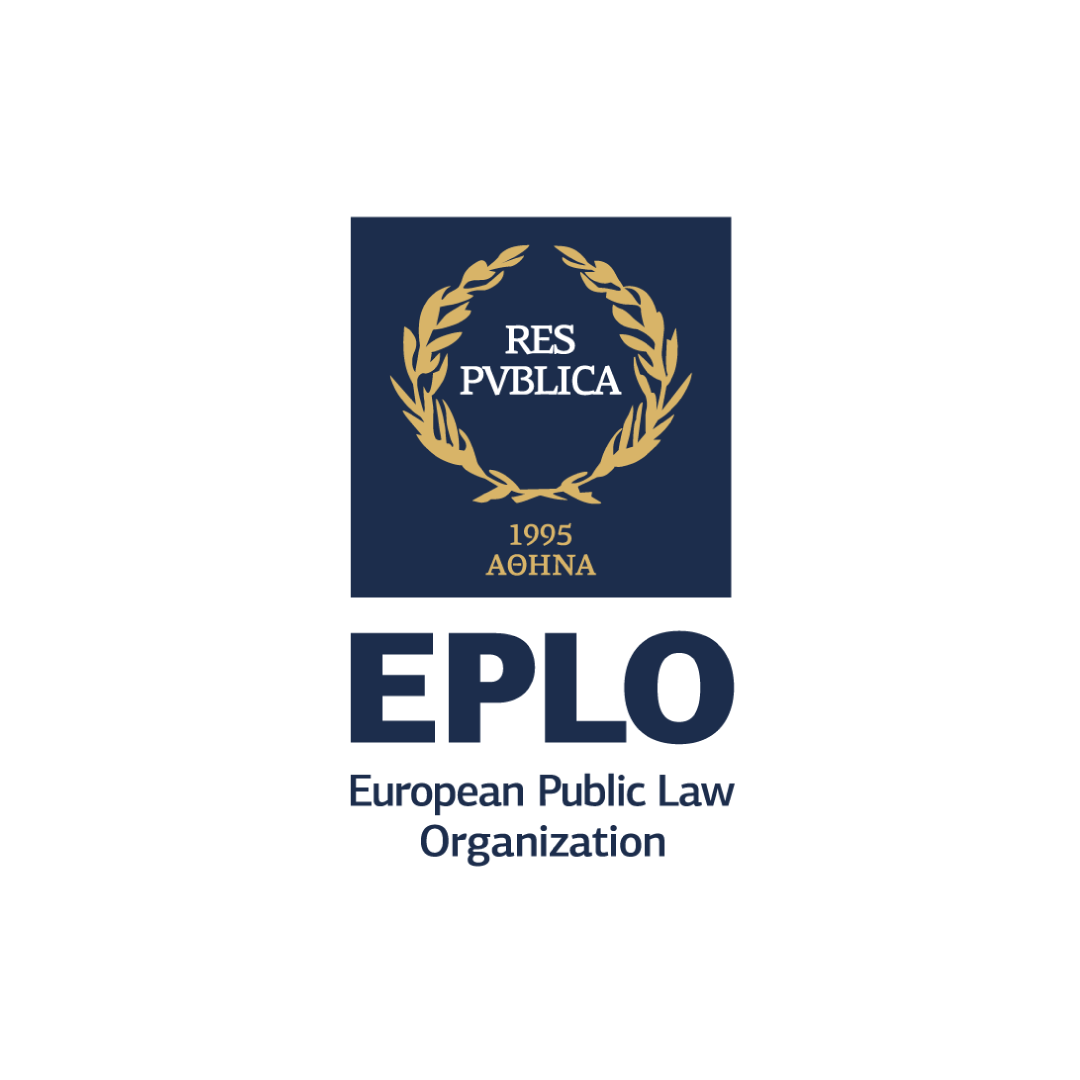

Sapienza Design Research Interdepartmental Center (SDR)
Sapienza Design Research Interdepartmental Center (SDR) is the first Interdepartmental University Center in Italy dedicated to Design-driven Innovation. The mission of SDR is to develop research and experimentation projects in the field of Design in favor of Technological and Social Innovation. The activities of the center are by nature multidisciplinary and follow the methodological declination defined Advanced Design, recognized and applied in the most important Research Centers in the field of Design at an international level (Europe, China, Japan, North America).
SDR has significant expertise in designing and executing experiments, divided into the following areas of innovation: scenario research of new innovation platforms, for the development of post-industrial societies with particular attention to the cultural implications of communication processes based on new digital tools and to the implications on production and consumption processes due to the application of emerging technologies (including applications of the results of micro and nano-technological and biotechnological research); experimental development of new products with a high technological, typological and performance level with attention to environmental, social and economic sustainability both in the design, modeling and engineering phases, as well as in those of production and consumption.
Municipality of Genoa
Genoa is a city of almost 600.000 inhabitants with thousands of years of history. The role of the port and industry in the city has, until few years ago, always relegated its historical and cultural soul to second place, together with the economic potential offered by tourism and leisure activities. In 2004, during the events of the Capital of Culture, Genoa was defined “The last art city in Europe still to be discovered.” Since then, Genoa has changed drastically in recent years and a new identity as a cultural and vibrant city emerged, culminating in the recognition as a World Heritage Site of UNESCO in 2006. It became an attractive place for research and industrial innovation and headquarters of a more differentiated service-based economy.
The city is successfully completing a non-easy transition from the industrial city to a knowledge-driven model, giving now more room to tourism. This transformation, which physically can be represented by the Porto Antico redevelopment project designed by Renzo Piano in 1992, needed for a new city narrative and related communication strategy. Now that the tourism potential awareness is at it’s peak, Genoa needs a new participatory process, to better build its own identity of historical, sustainable and tourist city. This process considers all the stakeholders involved in this new phase and analyse also all the possible impact factors that an increase of the tourist flows could have in the city.
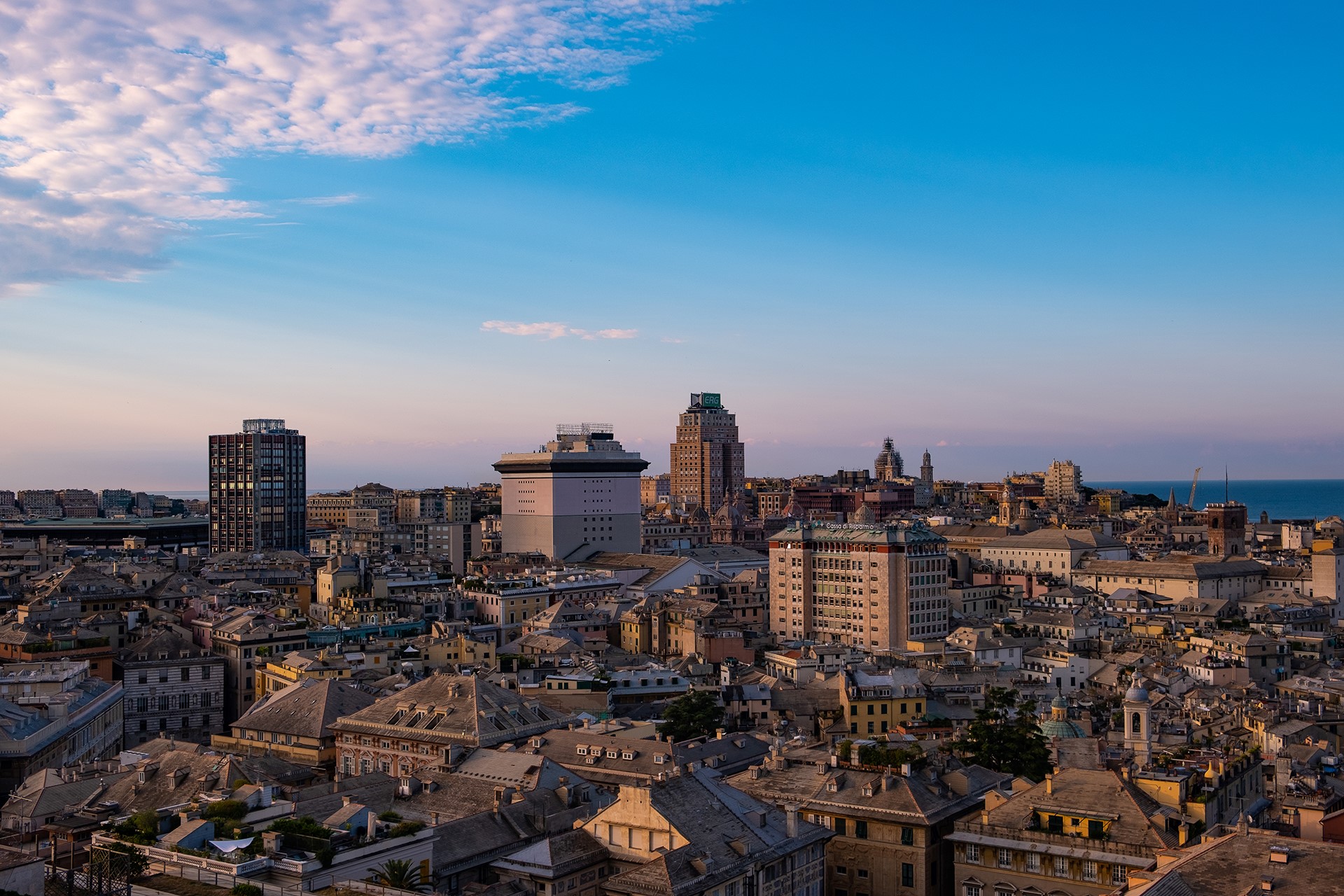

DUBROVNIK DEVELOPMENT AGENCY DURA
The Dubrovnik Development Agency Ltd. (DURA) is a professional, non-profit organization established by the City of Dubrovnik in 2007 with the primary aim of preparing and implementing EU-funded projects. DURA represents a union between the City and other institutions and organizations relevant to sustainable local development.
DURA’s activities include technical support in the preparation of EU-funded projects, preparation of nationally-funded project proposals, management and coordination of projects, support for entrepreneurs, support for NGOs, education, and preparation and drafting of strategic documents for public entities.
DURA has successfully implemented more than 50 EU projects so far, with 15 projects currently under implementation.
Limassol Tourism Development and Promotion Company
The Limassol Tourism Development and Promotion Company is a non-profit limited company that was established on September 2007, by the Cyprus Tourism Organization and the Limassol Chamber of Commerce and Industry, in order to assist in the implementation of the Limassol Regional Tourism Strategic Plan.
The company is aiming to promote the further development of the basic and tourist infrastructure of the Limassol region and to market the area as a distinct cosmopolitan sea-side destination, with a unique identity, to the countries-sources of tourism (with the available funds) in order to attract quality visitors throughout the year.
The Board of Directors of the company consists of 13 members. The Chairman is assigned by the Limassol Chamber of Commerce and Industry while the Vice-Chairman is the Mayor of Limassol. Two members of the board represent the Municipalities of Limassol and are the Mayors of Germasogeia and Mesa Yeitonia. Additionally, members of the board are representatives of the Deputy Ministry of Tourism, the Cyprus Hotels Association, the Association of Cyprus Tourism Enterprises, Association of Cyprus Travel Agents, and the Communities Union of the region. Four more directors are elected at the Annual General Meeting.
The Limassol Tourism Development and Promotion Company maintains close relationships with stakeholders such as the tourism industry professionals, local authorities and the government. Furthermore, the organization cooperates with hoteliers, restaurant owners and other small tourist business owners regarding promotion of tourism in Limassol.
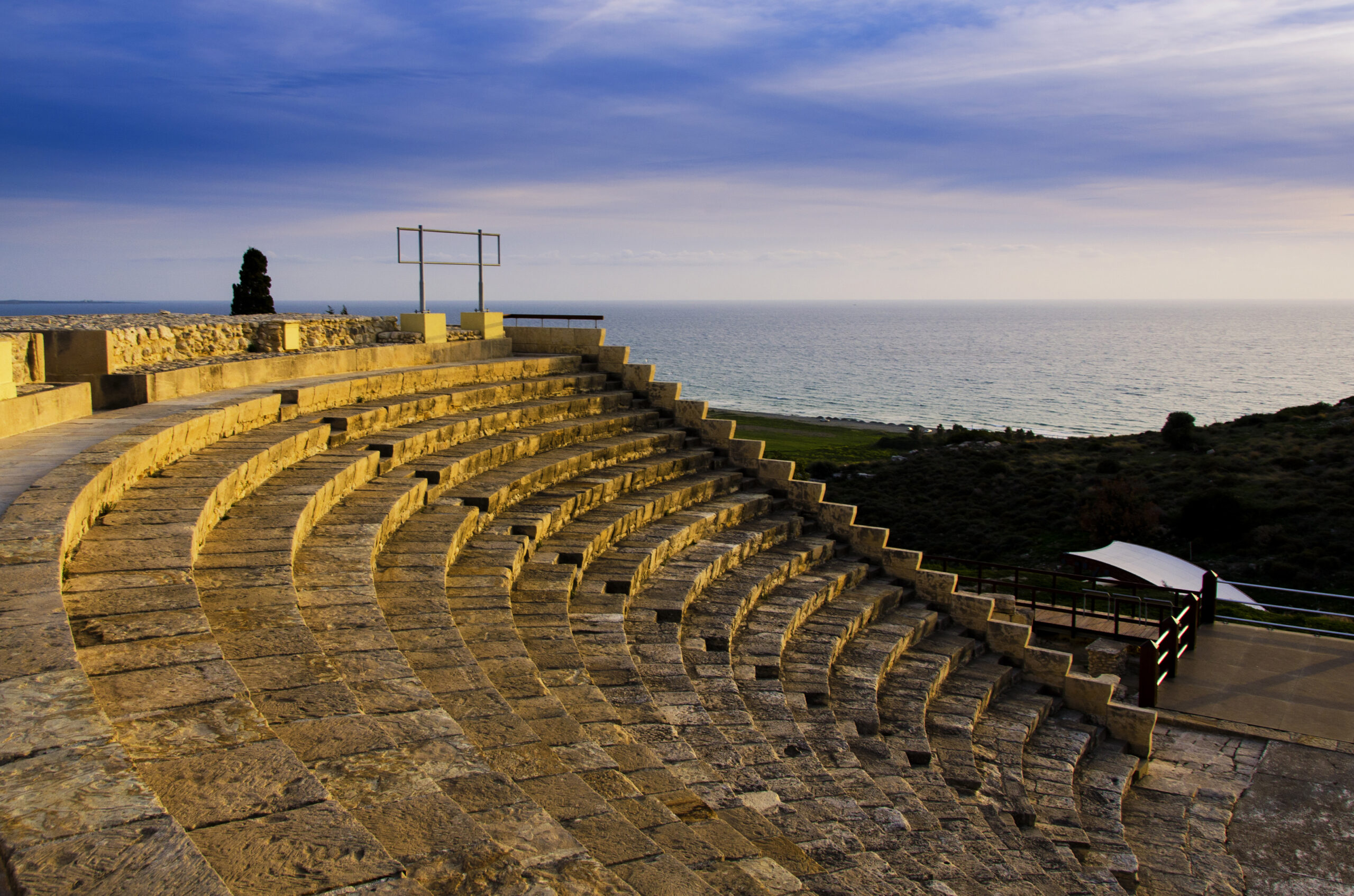
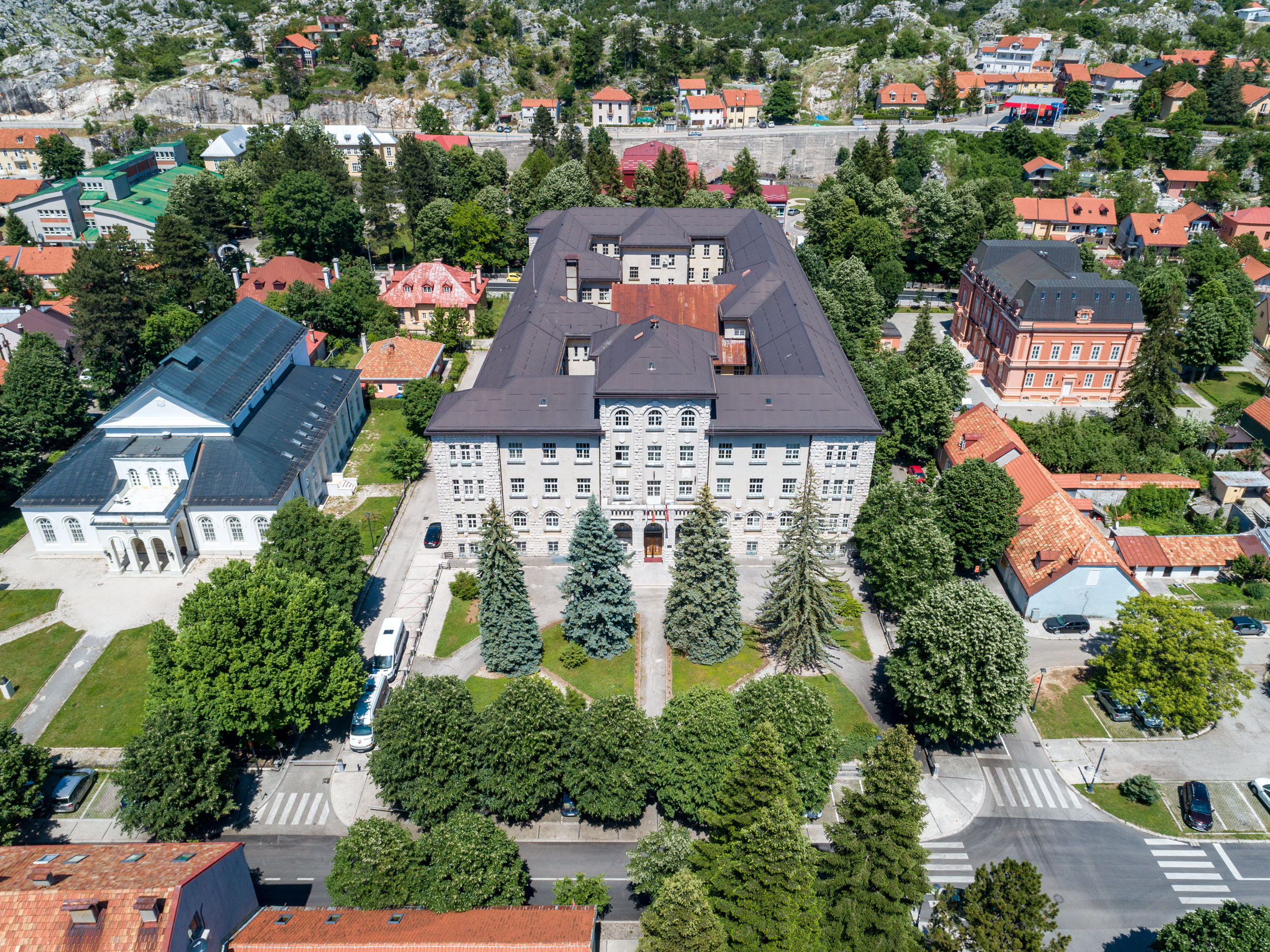
Old Royal Capital Cetinje
Old Royal Capital Cetinje is a local authority and it operates as a local self-government unit. Cetinje established the Sector for EU-funded projects, in 2011, to better coordinate, manage, implement, and monitor projects funded by the EU. The main activities performed by public authority are:
Administrative and financial public services, development of spatial and urban plans, infrastructure development, organization of local public service providers, inspections, establishment of municipal bodies, organizations, and services. One of the main fields of local development is dedicated to Energy, Agriculture, Tourism, Creative Industries, and ICT. Cetinje was proclaimed Energy City in 2014 by the UN. It participated in the Sustainable Energy for All Global EE Accelerator Platform. EE Accelerator Platform is a program of the “Sustainable Energy for All” Initiative, led by the UN Secretary-General and President of the World Bank that works on doubling the global rate of improvement in EE as one of its objectives for 2030.
In 2023 Cetinje entered the UNESCO Creative Cities Network in the sector of Design, making it the first city in the sector of Design in the Balkans.
University of Granada
The University of Granada (UGR), founded in 1531, is one of the largest and most important universities in Spain, with over 80.000 undergraduate and postgraduate students and staff, offering 96 degrees, 116 master’s degrees and 28 doctoral programmes. UGR is also a leading institution in research, and is one of the few Spanish Universities listed in the Shanghai Top 500 ranking, being the 2th highest ranked University in Spain.
The UGR is leading partner of the Andalusian Institute for Research and Innovation in Tourism (IATUR) together with the Universities of Seville and Málaga, with the aim to carry out research of excellence in the field of tourism. As of UGR participation in the last two calls of the Framework Programme of the EU, we have obtained a total of 67 projects (18.029 M€ funding), and 92 projects for H2020 (23.675 M€ funding).
The Faculties involved in HERIT-ADAPT Project are the Faculty of Fine Arts and the Faculty of Economics and Business Administration, including experts and researchers in They include experts and researchers in Circular Economy, Tourism, Sustainable Tourism and Cultural Heritage.
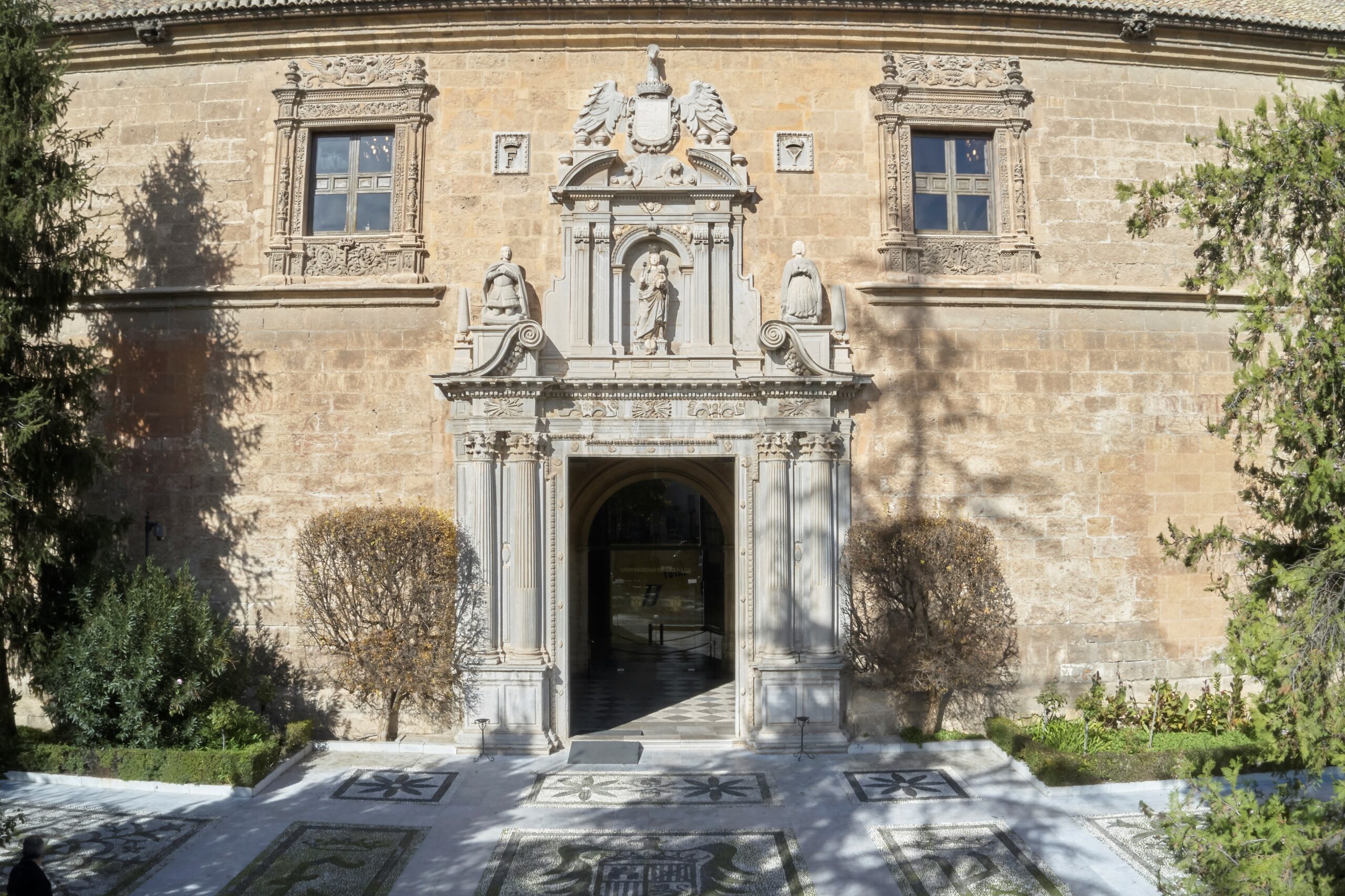

Regional Tourism Agency Occitanie – CRTL
A unifying organization serving the Occitanie destination and tourism businesses, the Regional Tourism Agency Occitanie (CRTL) collaborates with all tourism stakeholders, both public and private, as well as more than 160 local tourism offices, as part of the Regional Tourism and Leisure Development Plan.
Emphasizing partnership and innovation, the CRTL is responsible for:
- Positioning Occitanie-Sud de France as a premier sustainable holiday destination.
- Promoting business growth in the tourism sector.
The CRTL team operates from two locations, Toulouse and Montpellier, in the South of France. The organization is divided into five specialized centers:
- Marketing and attractiveness
- Communication and outreach
- Quality & Transition
- Information, studies, and observation
- Resources
Ministry of Tourism of the Republic of Bulgaria
Our main priority is to create the necessary conditions for stable tourism growth in the Republic of Bulgaria and to carry out the country’s tourism policy in a lawful and advisable way. We set goals that lead to a more competitive economy with a high value added and a better quality of life for the Bulgarian people.
The foundations of the country’s tourism development are sustainable production, increased productivity and competitiveness, that is based on advanced technologies, innovation and modern industrial policies. We develop both traditional sectors and sectors with potential for future global growth in order to create sustainable industrial clusters. We create a less bureaucratic, investment-friendly environment, with simple and transparent procedures for business and effective management in the benefit of entrepreneurs.
